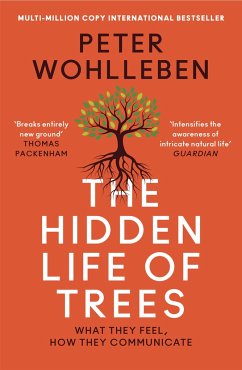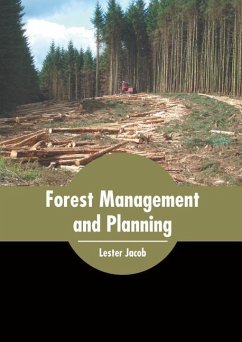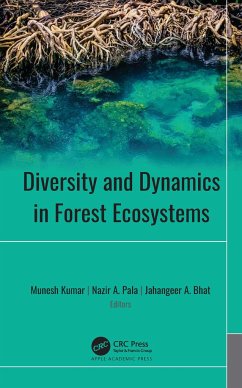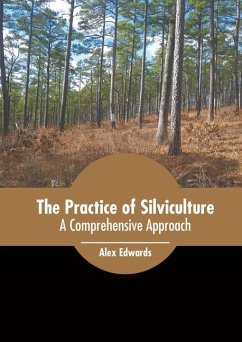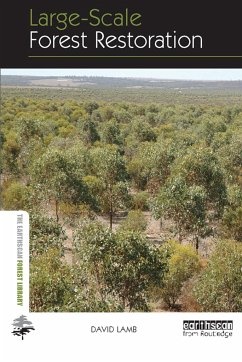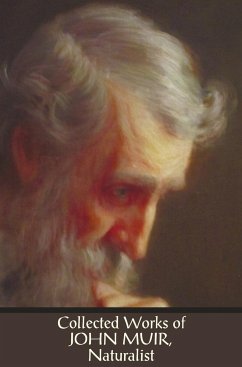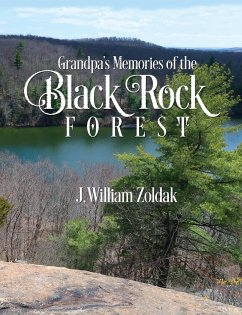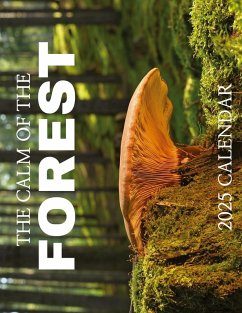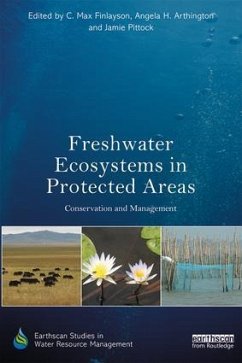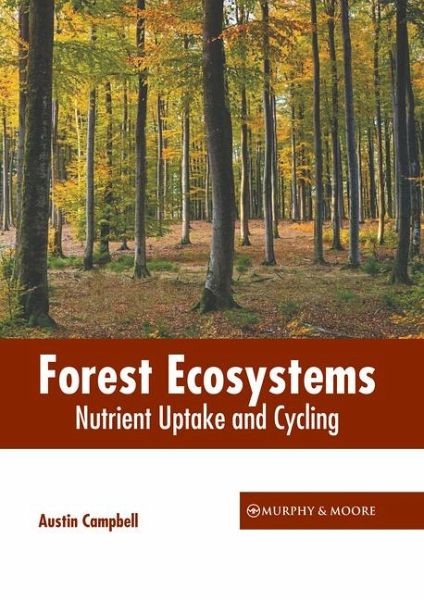
Forest Ecosystems
Nutrient Uptake and Cycling
Herausgeber: Campbell, Austin
Versandkostenfrei!
Versandfertig in 1-2 Wochen
146,99 €
inkl. MwSt.

PAYBACK Punkte
73 °P sammeln!
Forest ecosystem is a self-sustaining functional unit of nature wherein living organisms interact among themselves and with the surrounding physical environment. It is a type of terrestrial ecosystem. Both biotic and abiotic elements such as soil, trees, insects, animals, birds and humans are a part of the forest ecosystem. There are four major components of a forest ecosystem, namely, productivity, decomposition, energy flow, and nutrient uptake and cycling. Nutrient cycle refers to a system that involves the movement of substances and energy between living organisms and non-living elements o...
Forest ecosystem is a self-sustaining functional unit of nature wherein living organisms interact among themselves and with the surrounding physical environment. It is a type of terrestrial ecosystem. Both biotic and abiotic elements such as soil, trees, insects, animals, birds and humans are a part of the forest ecosystem. There are four major components of a forest ecosystem, namely, productivity, decomposition, energy flow, and nutrient uptake and cycling. Nutrient cycle refers to a system that involves the movement of substances and energy between living organisms and non-living elements of the environment. This happens when plants and animals ingest nutrients present in the soil, which are then released back into the ecosystem after they die and decompose. Nutrient cycling is crucial for meeting the nutrient supply of plants in the forest and increasing productivity of forests. This book unfolds the important aspects of nutrient uptake and cycling in forest ecosystems, which will be crucial to develop a complete understanding of the subject matter. It is a resource guide for experts as well as students.



